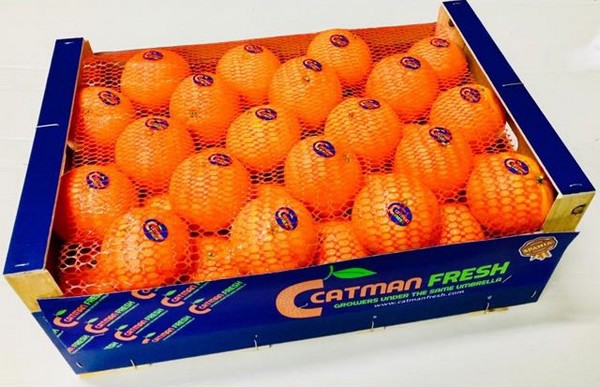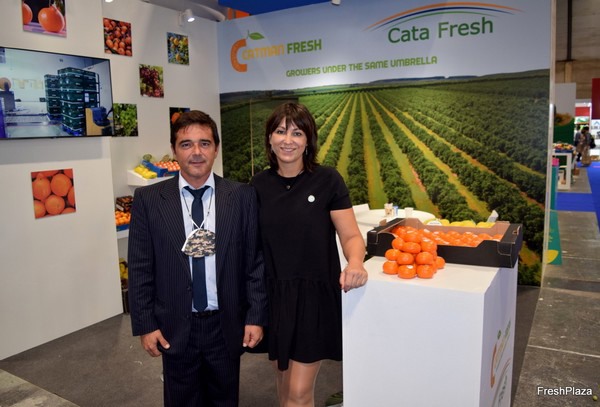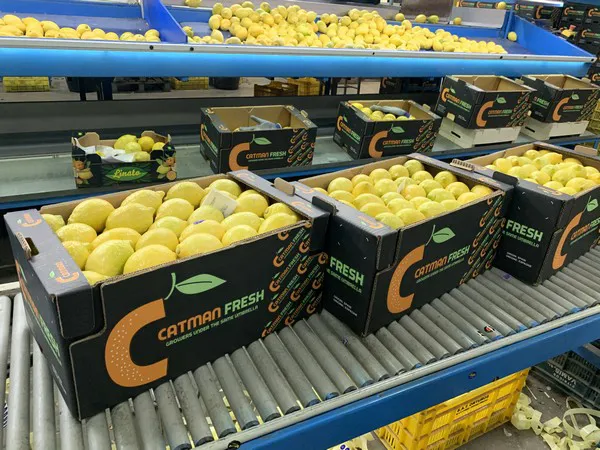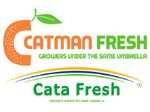The Spanish mandarin campaign started in the second week of September with the first Iwasaki and Okitsu, and will continue with the Owari in about 2 or 3 weeks. These belong to the Satsuma group, which are in good demand, given their low availability. Meanwhile, the arrival of the clementines has been delayed due to poor coloration. 
"Due to the low economic yields obtained in recent years, many growers decided to give up on their plantations of early Satsumas. And the fact is that, although there was plenty of room for them in the UK, they have been gradually discarded and now they are mainly intended for Scandinavian countries," says Sergio Orobal, manager of Catman Fresh, based in Pilar de la Horadada, Alicante. "This year, however, with fewer plantations and lower yields per hectare, the Satsumas are doing well, with the demand exceeding the supply at the moment," he said.
Also worth noting is that the ripening of the first Marisol, Clemenrubi and Oronules clementines has been delayed, and lower volumes are expected this season, as will be the case for the rest of the clementine and mandarin varieties, with the exception of the Clemenules.
"In general, we are facing a campaign with low yields per hectare. The citrus production appears to have dropped more than initially estimated," and this is being felt a lot for early clementines such as the Oronules, of which there are considerably fewer this year. Only the Clemenules has seen a recovery of its volumes (between 8 and 10%), after the great fall experienced in the previous campaign due to the impact of hailstorms and the South African cotonet pest," said Sergio Orobal.
"It should be noted that the treatments against the cotonet applied this year appear to have been effective in controlling this pest, but on the other hand, they have eliminated the natural predators of another pest known as 'the spider', which is greatly affecting the clementine producing areas in Castellon and causing a notorious increase in the field treatment costs."

Sergio Orobal, manager of Catman Fresh, together with his colleague from the commercial department, María C. García, at Fruit Attraction 2021.
"On the other hand, there will also be scarcity of large sizes this year, both in the case of clementines and of the rest of citrus fruits. This is due to the very hot and dry summer that brought the fruit's growth to a halt. In the case of oranges, and with Andalusia being the main producing area in Spain, irrigation restrictions due to the alarming drop in water reserves will make it difficult to purchase large sizes."
"Although we are already seeing demand and receiving calls from people interested in starting with the first clementines, the fruit doesn't yet have the right color due to the lack of cold during the nights, and degreening the fruit is challenging, so we expect the first volumes to be delayed by at least a week. Early clementines, like the Satsumas, do not compete directly against premium overseas mandarins, but are aimed at more standard quality markets," says the Catman Fresh manager, who sees good prospects for their Queen mandarin variety, which will be available from mid-January to the end of March. "It is becoming more and more popular and demanded."

According to Sergio Orobal, one of the main challenges lies in rising costs and how these will be passed on to prices. "Production and handling costs have risen by 25-30%, so we need to increase selling prices so that both the producer and the marketer can make a profit. However, there will be a lot of pressure from supermarket chains, which fear a drop in consumption due to the effect of inflation and will want to ensure prices on their shelves are kept low, so as not to lose sales."
Shipments to countries outside the EU will also be more difficult this year, especially in North America. "The cost of freight has skyrocketed for containers bound for Canada or the United States. Less than two years ago, shipping a container from Valencia, in Spain, to Toronto cost around 5,000 Euro. Last season, that price rose to around 8,000 Euro, and this year it already amounts to around 14,500 Euro. This is making the product much more expensive for the end customer, which makes us less competitive against Californian citrus, as road transport costs there have not become so much more expensive. A difficult citrus season is coming," said the manager of Catman Fresh.
 For more information:
For more information:
Sergio Orobal
Catman Fresh
Camino de Iryda, s/n
03190 Pilar de la Horadada, Alicante
T: +34 966 747 902
[email protected]
www.catmanfresh.com
